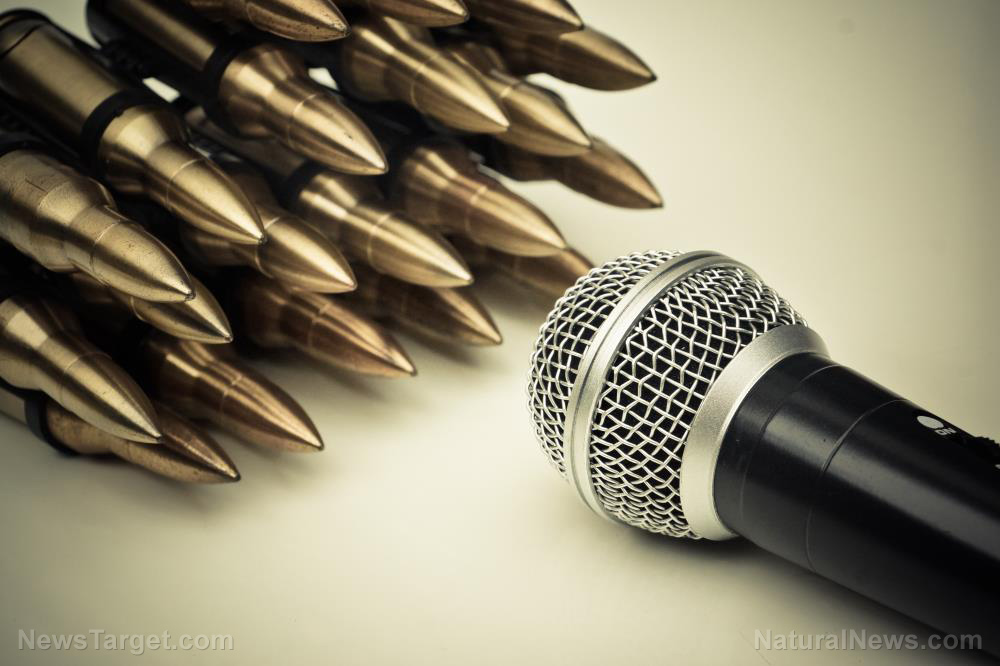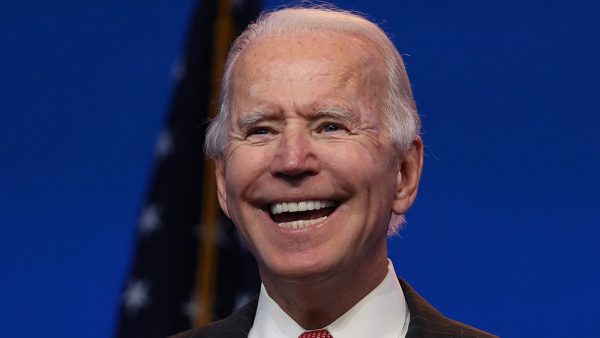 Parler
Parler Gab
Gab
Ham radio frequencies in Cuba also jammed
The internet outages in Cuba made some Cubans turn to ham (amateur) radio to stay updated. Cubans used the 40-meter band to communicate with family members in Florida. But this came to a sudden end as the Cuban government also blocked transmissions on the band. A number of anecdotal reports claimed that ham radio broadcasts were being jammed. Josh Nass of the Ham Radio Crash Course YouTube channel confirmed the jamming. Using special tools, he pinpointed the origin of the jamming signal as within the region of Cuba. Nass added that the jamming signals were moving to better focus on intercepting any signal coming out of the country. N.C. Scout of American Partisan launched Operation Cuba Libre in response to the Cuban government's jamming of ham radio transmissions. The operation aimed "to allow Cubans who may not have anything but low-tech AM receivers to listen to amateur transmissions on the broadcast section of 40 meters." In a July 27 post, N.C. Scout called on all properly licensed American ham radio operators to contact other operators via AM phone and engage in conversations. He added that the conversations should center on current events in Cuba and other relevant information. N.C. Scout remarked that the operation hit two birds with one stone. First, it legally bypassed broadcasting restrictions imposed by the Federal Communications Commission on licensed ham radio operators. Second, it allowed Cubans to be updated about the latest information in the country. "Repeats by a receiving station of the reports sent by another serve to ensure that the reports are being transmitted accurately. They will also serve to maximize the ability of Cuban listeners to hear the information. Take your time and speak slowly and distinctly," N.C. Scout noted. Writing for The Organic Prepper (TOP), author Aden Tate warned that the suppression happening in Cuba could happen in the U.S. He cited a number of examples of this suppression – such as TOP itself being labeled a disinformation site and alternative news website ZeroHedge being demonetized by Google. Tate also mentioned California's decision to remove privately-owned ham radio repeaters on public land. Those who failed to remove the repeaters would face hefty fines, state authorities said. Despite these negative incidents, Tate also noted some positive developments. He pointed out the growth of ham radio operators and how they organized a local news-sharing network within his community. "All members are pro-freedom Americans who set up shop for an hour or so to discuss the collectivist policies by local politicians," Tate said of the group. Censorship.news has more articles about Cuba cutting off internet access and ham radio transmissions. Sources include: TheOrganicPrepper.com APNews.com 1 APNews.com 2 AmericanPartisan.org“Morally and intellectually corrupt”: UCLA professor resigns in protest over viewpoint intolerance
By News Editors // Share
The end of meat? Dutch “green” policies force dairy farmer to cull 95% of his herd
By Ethan Huff // Share
Food supply 101: How to grow edible mushrooms in your home garden
By Zoey Sky // Share
Martial Law alert: Alex Jones exposes HR 4350 amendment that will give Joe Biden dictatorial powers
By Belle Carter // Share




